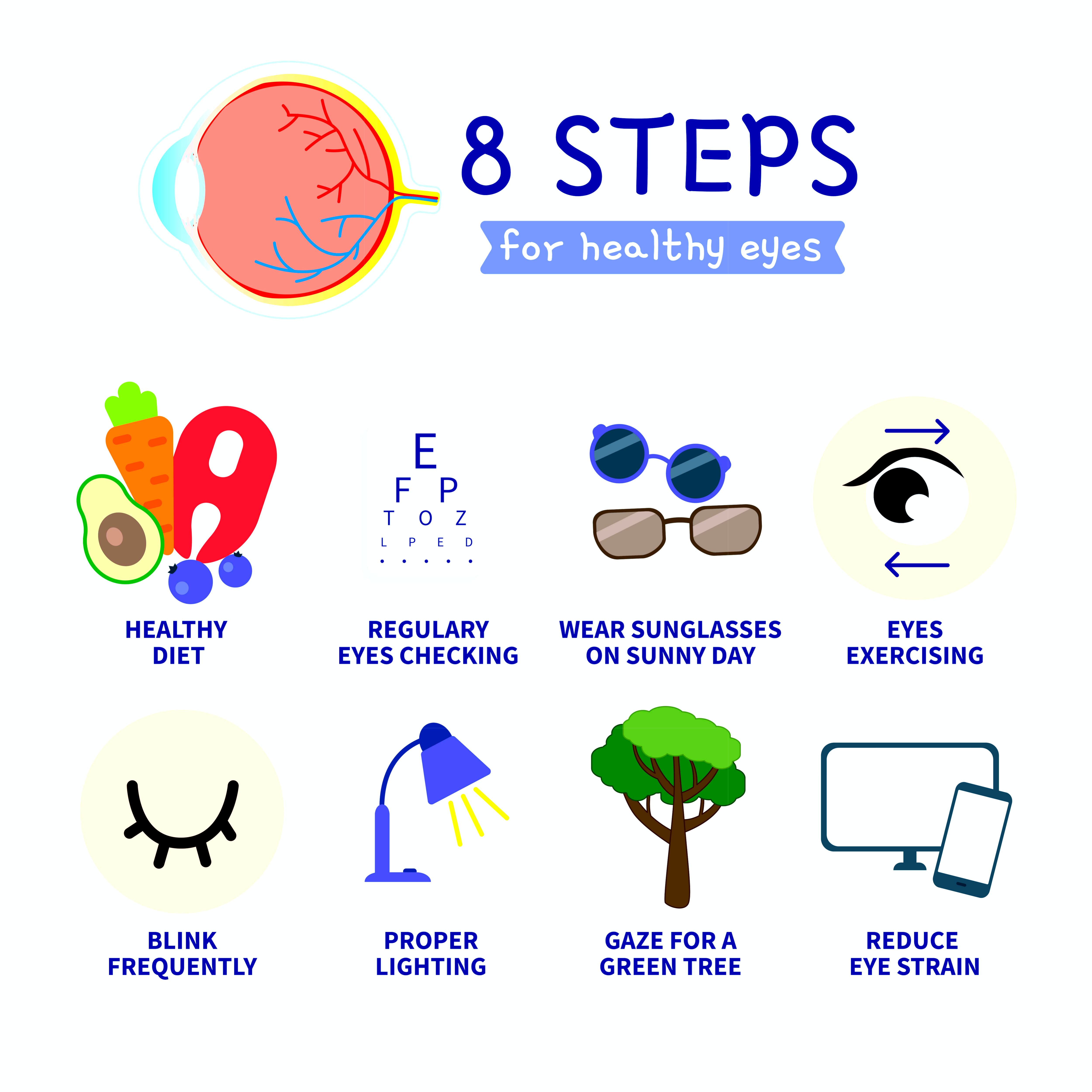All Categories
Featured
Table of Contents

Normal eye exams are necessary for maintaining excellent vision and spotting possible eye health issues early. Nevertheless, the regularity of these examinations can differ significantly based on a person's age, lifestyle, and total health. Understanding the recommended schedule for eye tests can assist make certain that individuals of any ages obtain suitable treatment and tracking for their eye health and wellness.
Newborns and Toddlers (0-2 Years)
For babies and young children, eye exams are important for spotting any kind of prospective vision troubles early. The American Academy of Ophthalmology suggests that a child's very first eye test must take place at around six months old. Throughout this first go to, the eye treatment professional will assess the youngster's visual development and look for any kind of obvious eye problems.Following this very first exam, it is suggested that youngsters have another eye examination at age 3. This browse through will concentrate on evaluating the child's total aesthetic feature, consisting of eye alignment and the capacity to track items. If no problems are discovered, the next test ought to be scheduled prior to the youngster starts school, normally around age 5 or six.
School-Aged Youngsters (6-18 Years)
Regular eye tests should be scheduled every one to two years once kids reach college age. Vision is critical for finding out and growth, and numerous institutions perform vision screenings. These screenings do not replace an extensive eye exam by an eye care professional.For kids entailed in tasks or sports requiring substantial visual focus, yearly eye exams might be recommended. In addition, if a youngster displays indicators of vision problems-- such as difficulty checking out, squinting, or regular migraines-- a see to the eye doctor ought to be scheduled immediately.
Young Person (19-39 Years)
Young person usually have less vision changes than older age, however regular eye exams continue to be important. The basic recommendation is to arrange an eye examination every 2 years throughout this period. People with details risk aspects-- such as a family members background of eye illness, diabetes, or those who put on get in touch with lenses-- must think about annual eye examinations.In addition, those who spend considerable time on electronic gadgets may experience digital eye pressure. If signs and symptoms such as dryness, fatigue, or obscured vision occur, it might be smart to see an eye care professional earlier.
Grownups (40-64 Years)
As people go into middle age, the chance of creating vision issues rises. Adults aged 40 to 64 need to arrange eye tests each to 2 years. This age group may start to experience presbyopia, a natural age-related problem that makes it testing to concentrate on close items. Eye exams can additionally assist spot other usual age-related conditions such as glaucoma, cataracts, and macular degeneration.If individuals in this age have risk factors like hypertension or diabetic issues, they might require even more frequent evaluations to monitor their eye wellness carefully.
Seniors (65 Years and Older)
For seniors, routine eye tests come to be even more vital. The American Optometric Organization recommends that people aged 65 and older have an eye exam at the very least once a year.Final thought.
Comprehending the ideal timetable for eye examinations based on age is vital for maintaining optimal eye health and wellness throughout life. From infants to seniors, routine eye evaluations play a critical role in identifying issues early and guaranteeing that vision stays sharp. By adhering to these guidelines and talking to an eye treatment expert, individuals can take aggressive actions toward maintaining their vision and total health. Whether it's a kid's first see or an elderly's annual examination, focusing on eye treatment is an investment in lifelong wellness.Latest Posts
Experience Coastal Beauty at Deauville Inn
Published Apr 17, 25
1 min read
A Historic Coastline Destination with Modern Thrills
Published Apr 06, 25
1 min read
Host Your Perfect Event: Venue Rental Alternatives for each Celebration
Published Mar 24, 25
1 min read